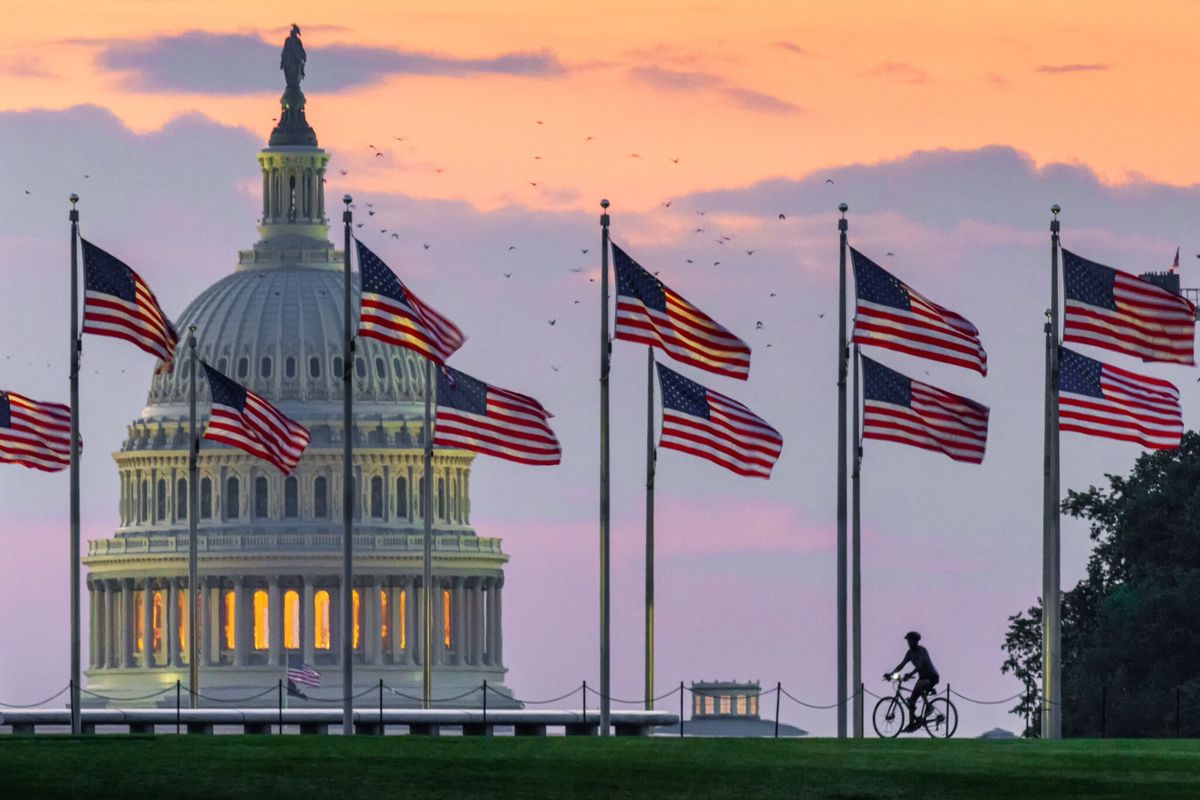The issue of government access to privately held data about American citizens is an important one, and the debate about privacy has expanded into the field of social media. In early May, a firm called Dataminr — which provides real time updates on breaking events by monitoring Twitter data — reportedly cut its ties with the U.S. intelligence community (IC). The Cipher Brief spoke to retired General Michael Hayden, former Director of the CIA and the NSA, about what this means for both the IC and for the strained relationship between the federal government and the tech industry.
The Cipher Brief: What role does social media data play in regards to ensuring or maintaining national security?
General Michael Hayden: It becomes another source of information. It’s public — sort of — and generally available, but that doesn’t mean it can’t do something quite useful for legitimate national security purposes. I think in this particular case, they wanted to anticipate public events. So, I was very disappointed that Dataminr — Twitter, actually — made the decision they made.
TCB: Since they did make that decision, and the role of social media in national security, how big of an issue is this for the intelligence community?
MH: Obviously, they’ve got to make adjustments as they can. It’s just, why? Why would they cut off their access to this tool, which they made generally available to a whole bunch of other folks for other, quite frankly, less necessary purposes?
TCB: That’s a good question; do you have any ideas as to why?
MH: It’s the post-Snowden effect and the desire not to be seen as a tool of the U.S. government. I sided pretty strongly with Apple in the encryption case, because the merits of the case and the facts supported Apple’s position. In this particular case, the facts do not support Dataminr — and yet they made this decision. It’s as if they don’t have a social responsibility. And so, again, that’s very disappointing.
TCB: Given that they have made this decision, and that their services are no longer being provided to the intelligence community, what kind of alternatives are there? What can the IC do to continue gaining access to that kind of information now that this commercial outlet is no longer available?
MH: They can draw up their own tool. But why would you make the federal government reinvent something that is already available?
TCB: What do you think can be done to improve the relationship between the Intelligence Community and the tech industry so that this kind of reinventing the wheel isn’t necessary?
MH: The security organs of the country — defense and intelligence — are working very hard to build bridges back to this part of American industry. That’s why you’ve got a new defense office in Silicon Valley. It’s why CIA is out there. It’s why (Defense Secretary) Ash Carter is going out to Stanford and RSA to make important speeches. Over time, one just hopes that we see some reciprocation from the Valley.
Some of them have been very positive. Twitter and Facebook, in other venues, have really cooperated. They take down accounts that not only violate their own policies, but actually incite people to violence. They actually expend a great deal of energy into that, so that’s a very good thing.
But in this particular case, I think that Twitter and Dataminr were running scared, made a bad decision — I would call it an indefensible decision — and we’re all going to suffer for it.
TCB: In that same vein, how do you see the friction between the government, the Intelligence Community, and the tech industry playing out in the near term?
MH: The real answer is: I don’t know. It’s complicated, and there are many actors. One hopes that these companies calm down a bit; don’t respond so reflexively to these kinds of things; and are more thoughtful, more generous, and perhaps have a better sense of civic responsibility.












